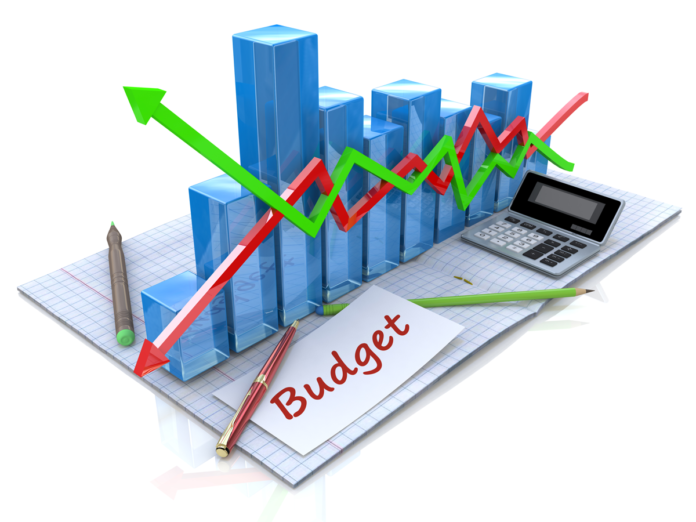On Friday afternoon, the parliament approved the government’s Finance Bill 2024-25 for the upcoming fiscal year. This budget, as claimed by experts, is a critical step in the country’s negotiations with the International Monetary Fund (IMF) for a potential bailout to avert a debt default.
The bill was introduced by Finance Minister Muhammad Aurangzeb, and aimed to boost tax revenues significantly to address economic challenges. However, certain changes were inevitable due to large-scale criticism of its extractive taxation policies.
The bill’s passage came after intense debate and criticism from opposition parties and business entities over increased government expenditures and a limited fiscal space for economic growth.
To pass the bill, the ruling alliance, led by Prime Minister Shehbaz Sharif, secured support from its main coalition partner, the Pakistan Peoples Party (PPP), despite initial disagreements.
Economic Indicators and Fiscal Goals
Addressing the National Assembly, Finance Minister Aurangzeb highlighted positive economic indicators, including a decreased current account deficit, controlled fiscal deficit, and a stabilized currency. He noted a significant drop in the inflation rate from 38% to 11% and emphasized the need to increase the tax-to-GDP ratio from 9.5% to 13% over the next three years.
Aurangzeb also discussed measures to compel tax compliance, including increased tax rates for non-filers. “If it was up to me, I would have immediately ended the category of non-filers,” he said, stressing the importance of tax reforms.
Budget Amendments and Key Measures
The approved budget includes several amendments from the original proposal presented on June 12, 2024. Key changes announced by the Finance Minister include:
-
- Tax on Hybrid Vehicles: The reduced tax rates for hybrid vehicles will continue until June 30, 2026. Vehicles with engine capacities up to 1800cc and between 1801-2500cc will be taxed at 8.5% and 12.75%, respectively.
- Increased FED on Cement: Contrary to expectations of a reversion, the Federal Excise Duty (FED) on cement has been increased from Rs3 per kg to Rs4 per kg.
- Extension of Sales Tax Benefits to FATA PATA: Sales tax benefits for FATA PATA have been extended for another year, until June 30, 2025.
- Corporate Tax on Exporters: Exporters will now be subject to the standard corporate tax rate of 29% plus applicable super tax, instead of the previous 1% tax on export turnover.
- Surcharge on Income Tax: Individuals or AOPs earning upwards of Rs 10/million per year will also have to pay a 10% surcharge on their income tax amount.
Revenue and Expenditure Projections
Policymakers have now set an ambitious tax revenue target of Rs 13 trillion ($46.66 billion) for the fiscal year starting July 1, a 40% increase from the current year. This includes a 48% rise in direct taxes and a 35% hike in indirect taxes. Non-tax revenue, particularly petroleum levies, is expected to increase by 64%.
The budget also projects a reduction in the fiscal deficit to 5.9% of GDP from 7.4% in the current year. The growth target for the upcoming year is set at 3.6%, with inflation projected at 12%.
Opposition’s Concerns and Economic Implications
Opposition parties, especially those aligned with jailed former Prime Minister Imran Khan, have rejected the budget, arguing it will exacerbate inflation. The central bank has also warned of potential inflationary effects, citing the need for structural reforms to broaden the tax base.
Despite these challenges, the government views the budget as a crucial step towards securing a new IMF loan program worth $6 billion to $8 billion. The Finance Minister reiterated the importance of maintaining economic stability to achieve further growth, despite the tough measures outlined in the budget.
The detailed budget report released by Topline Research highlights the necessity of these measures to secure IMF support and address the country’s fiscal challenges.




